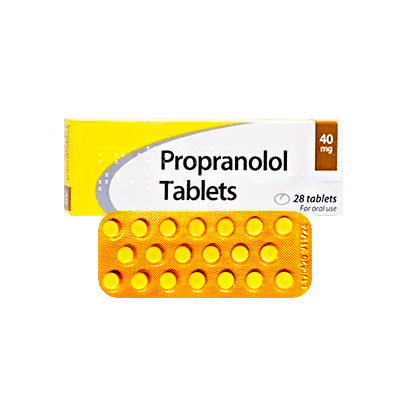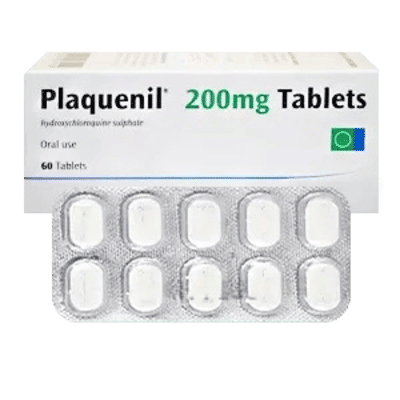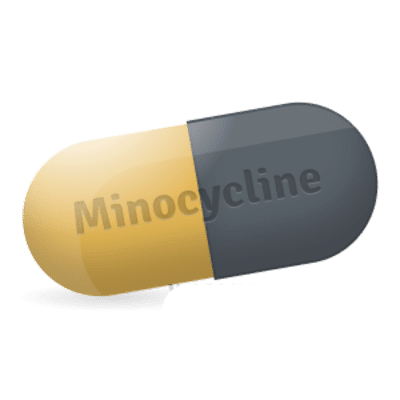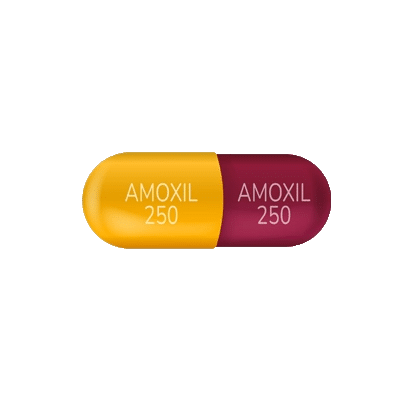I started taking propranolol as prescribed by my doctor to help with my heart arrhythmias. The drug really helped stabilize my heartbeat and I noticed an improvement in my overall well-being. I experienced some dizziness at first, but it quickly passed.

Propranolol
- Quality products
- Support 24/7
- Fast delivery
What is it?
Propranolol is a drug that belongs to a class of drugs called beta blockers, which are widely used to treat heart conditions. Its primary use is to manage certain types of irregular heartbeats. Doctors may also prescribe this drug to treat other conditions, such as hypertension or to reduce the frequency of migraines. Propranolol helps stabilize the heart rhythm, making it a useful tool for a variety of cardiac problems.
Composition
The composition of propranolol includes the active substance propranolol hydrochloride, which is responsible for its therapeutic effect. The use of this substance allows you to affect the heart, reduce the frequency of contractions and improve the general condition of the patient.
- Propranolol hydrochloride is the main component.
- Additional substances that ensure the stability and absorption of the drug.
- Film coating, which ensures the convenience of taking the drug in tablet form.
Each of these components plays a role in ensuring the effectiveness of propranolol, helping patients cope with the symptoms of cardiovascular diseases.
How to use?
The recommendations for using propranolol include following the exact dosage and taking it regularly, which is necessary to achieve the maximum benefit from the treatment. It is very important to follow the doctors instructions and not change the dosage on your own.
- Take propranolol orally with plenty of water, with or without food.
- If you miss a dose, take it as soon as you remember, unless it is almost time for your next dose. Never double the dose to make up for a missed dose.
- Store the drug at room temperature; avoid exposure to direct light, moisture and heat.
Following these recommendations will ensure a stable level of the drug in the blood, which contributes to the best therapeutic effect.
How does it work?
Propranolol works by blocking specific receptors in the body known as beta receptors. These receptors affect heartbeats and vascular tone, and regulate heart rhythm and blood pressure. Taking propranolol reduces the effects of adrenaline, lowers the heart rate, and weakens the force of heartbeats.
Due to its ability to slow down the work of the hearts pacemakers, propranolol helps manage attacks of tachycardia and other arrhythmias. It is also used to prevent attacks of angina, reduce cardiac hyperactivity, and stabilize its work under conditions of increased physical or emotional stress. By balancing cardiac activity, propranolol improves the quality of life of patients, reducing the risk of complications associated with arrhythmias and other heart diseases.
Indications
The use of propranolol is recommended for certain medical indications that are directly related to its pharmacological action. These conditions require special attention and urgent treatment to prevent possible complications.
- Arrhythmias and heart rhythm disorders that require stabilization by taking beta-blockers.
- Chronic forms of angina to reduce the frequency of attacks and improve exercise tolerance.
- Hypertension, where propranolol helps to reduce blood pressure to safe levels.
- Prevention of migraines through regular use, which helps reduce the frequency and intensity of attacks.
Proper and timely use of propranolol can be invaluable in combating the listed conditions.
Contraindications
Despite its effectiveness, taking propranolol has strict contraindications that should be taken into account before starting treatment. These conditions may worsen when using this drug, making treatment unsafe for the patient.
- Allergy to propranolol or its components, which may manifest as a rash or other reactions of the body.
- Severe forms of heart failure or heart block, where a slowdown in heart rate can be dangerous.
- Raynauds syndrome or bronchial asthma, exacerbated by beta-blockers.
- Low blood pressure after myocardial infarction, requiring a different approach to treatment.
Each of these conditions requires consultation with a doctor to exclude health risks and select an alternative treatment.
Side effects
Like any other medicine, propranolol can cause side effects that are important to pay attention to. Some of them may be more common, while others require more careful attention.
- Drowsiness and dizziness, especially at the beginning of treatment, which pass as the body adapts.
- Gastrointestinal disorders, such as nausea or diarrhea, which occur as a temporary reaction to the drug.
- Changes in perception, such as blurred vision or headaches.
- Rarely, more serious reactions may occur, such as worsening heart failure or increased heart rate, requiring immediate medical attention.
Being aware of possible reactions allows the patient to promptly recognize and eliminate side effects, coordinating actions with the doctor.
Frequently asked questions
Propranolol Reviews and Experiences
I have been taking propranolol for several months now to prevent migraines. The frequency of attacks has decreased significantly and they have become less intense. There are almost no side effects and I can continue my activities without serious obstacles.
After starting to take propranolol, my hypertension improved. My blood pressure returned to normal and I feel much better. The only thing is that sometimes I feel weak after physical activity, but it is not critical.









